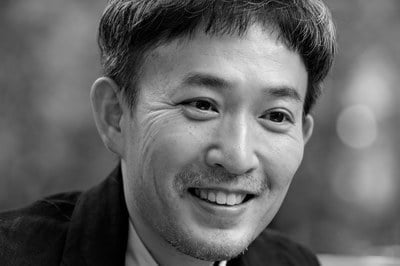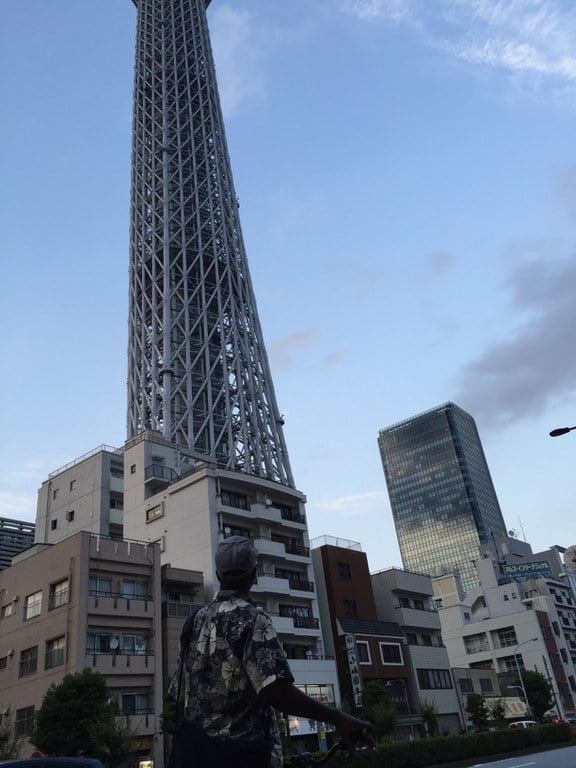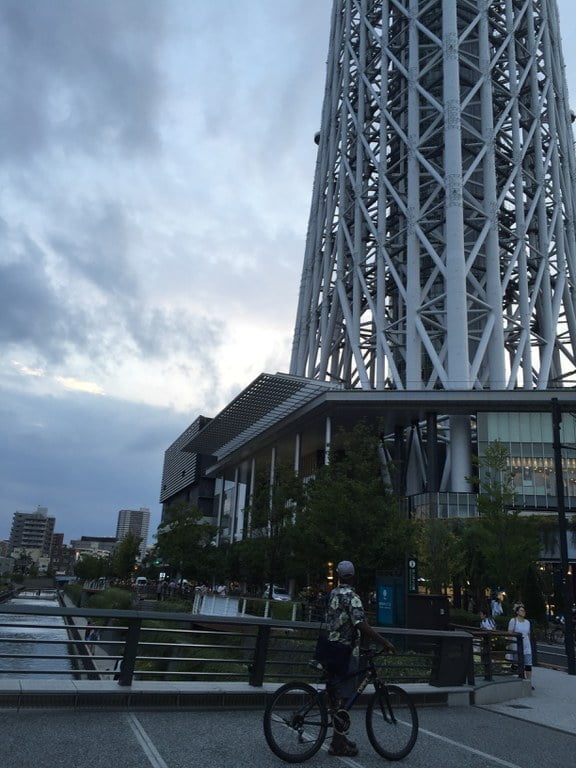Japan pursues very restrictive refugee regulations. In 2014, only 11 refugees were granted asylum in Japan; there were 5.000 requests. Therefore, most refugees have to expect to be deported. Patrick Zoll, who worked as a correspondent on East Asian matters for the Neue Züricher Zeitung newspaper between 2012 and 2016, called Japan an island nation, which is proud of its ethnic homogeneity.[1] Foreigners, according to Zoll, often lead a difficult life in Japan and in its society. One of the reasons for that is the fact that the Japanese have little experience in how to deal with refugees. Most people requesting asylum are from the pacific area, for example, members of the Rohingya, who have been persecuted for several years, especially in Myanmar.
The international community frequently accuses Japan of trying to buy itself out of its humanitarian duties regarding those who are seeking help. Japan is one of the countries which donate the most to the UN Refugee Agency; in fact it’s only second to the United States. The Japanese government stated that it has to face its own economic problems before dealing with the problems of others’, which suggests that Japan won’t change anything about its strategy in the near future.
Participating author: Ono Masatsugu

Ono Masatsugu was born in Japan in 1970. After studying at the College of Arts and Sciences at the University of Tokyo, he was awarded his doctorate in literary studies by the University of Paris VIII (Vincennes – Saint-Denis). In 2001, he received the Asahi New Writers Award for his literary debut Mizu ni Umoreru Haka (Engl.: Graves Buried in Water). His second novel Nigiyakana wan ni seowareta fune (Engl.: Boat on a Choppy Bay) was awarded the Mishima-Yukio-Prize. After the stories “Mori no hazure de” (2006, Engl.: At the Edge of the Forest) and “Maikurobasu” (2008, Engl.: Microbus), he published the novel “Shishiwatari-bana” (2013, Engl.: Lion’s Tread Point) as well as the short story “The Man Who Turned Into a Buoy” (2014). For his collection of short stories named “Kyunen-mae no inori” (2015, Engl.: A Prayer Nine Years Ago), he was awarded with the prestigious Akutagawa-Prize.
A more detailled biography can be found here.
[1] Patrick Zoll: Wer Verfolgung nicht nachweisen kann wird abgewiesen. http://www.nzz.ch/international/asien-und-pazifik/geld-statt-schutz-1.18659830 (10.6.2016).
Japan – Photographs by Ono Masatsugu


Massamba Mangala is a political refugee from the Democratic Republic of the Congo, who fled to Japan in 2008. He had to wait 7 years until is application for asylum was granted. Currently, he lives in the area of the Tokyo Skytree pictured above.
Photographed on the 14th of August 2016 in Tokyo.
